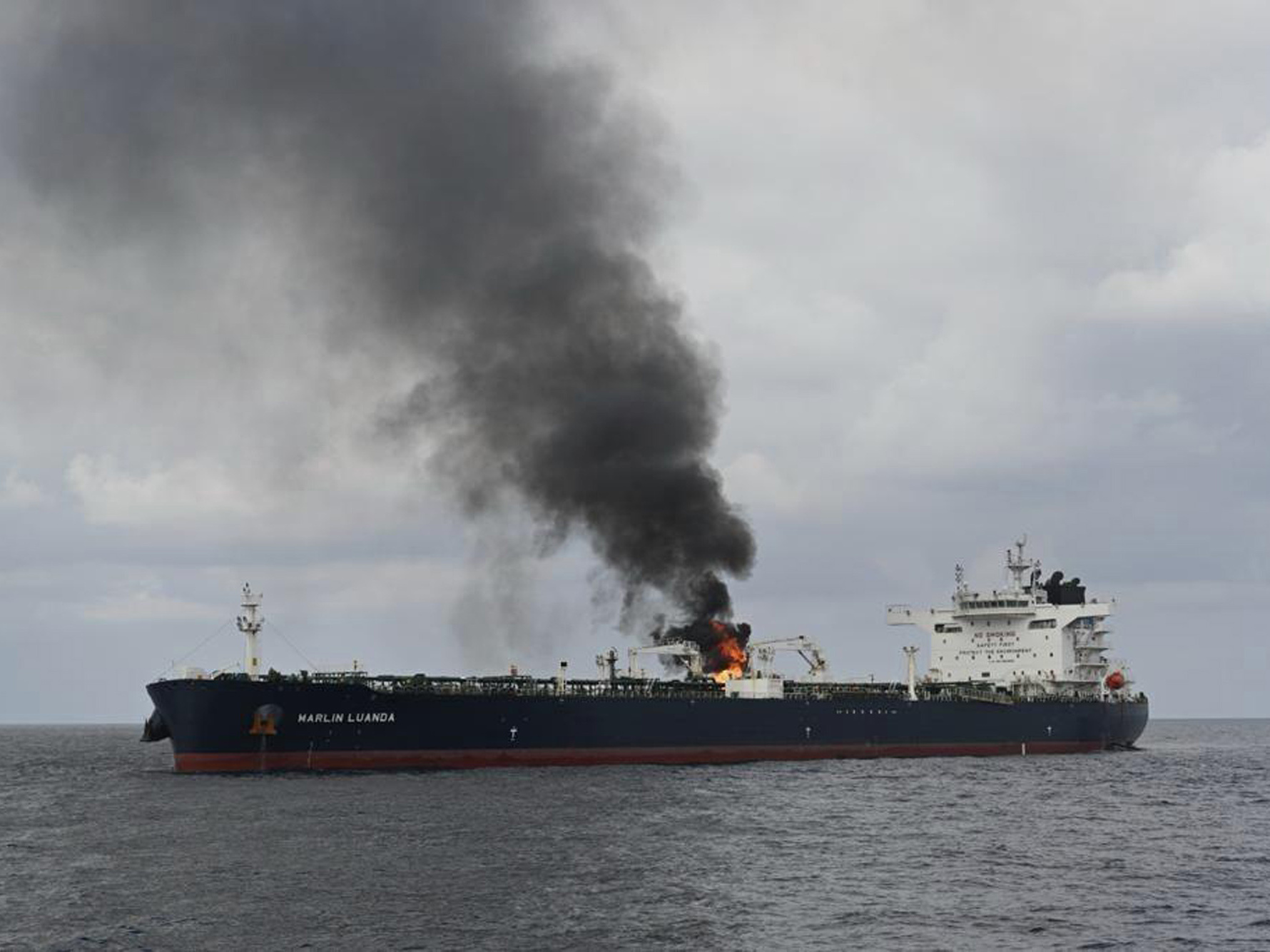In a dramatic escalation of regional tensions. Yemen’s Houthi rebels have launched a missile attack on a British oil tanker en route to India. This bold move marks a significant uptick in the conflict affecting the Gulf region. Posing serious questions about maritime security and the safety of international shipping lanes critical to global oil supply.
A Dangerous Precedent
The attack on the British oil tanker not only signifies a direct threat to the vessel. Its crew also sets a dangerous precedent for international trade and energy security. The Gulf region, which supply a significant portion of the world’s oil supply, is no stranger to geopolitical tensions. However, targeting commercial vessels adds a new layer of complexity to the ongoing conflict in Yemen.
The Houthis’ Message
By targeting a vessel bound for India. The Houthis are sending a clear message of willingness to disrupt critical international trade routes. This act of aggression is indicative of the group’s escalating tactics and their potential to impact global markets. Increasingly resorted to asymmetric warfare tactics, including drone and missile attacks on neighboring countries.
International Ramifications
The missile attack on the British oil tanker has drawn sharp condemnation from the international community. It raises immediate concerns about the safety of maritime personnel and the security. It underscores the urgent need for a diplomatic resolution to the Yemeni conflict. Which has become a proxy battleground for regional powers.
Impact on Oil Markets
The incident has sent ripples through global oil markets, with prices reacting to the potential threat to supply routes. The long-term implications for energy security and pricing are significant. Investors and governments alike are closely monitoring the situation. Aware that continued instability could lead to higher oil prices and increased volatility in the markets.
The Path Forward
The attack on the British oil tanker bound for India highlights the critical need for enhanced maritime security measures. And a concerted international effort to address the underlying causes of the conflict in Yemen. And ensuring the free flow of commerce upon which the global economy depends.
As the world reacts to the Houthis’ missile attack on a British oil tanker. The incident serves as a stark reminder of the fragile nature of international security and the interconnectedness of global markets. The path to resolving such conflicts is complex and fraught with challenges. But it is clear that the stakes are too high for inaction. The international community must come together to find a sustainable solution to the conflict in Yemen. And ensure the security of vital shipping lanes for the future.
